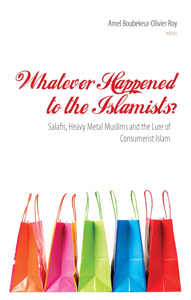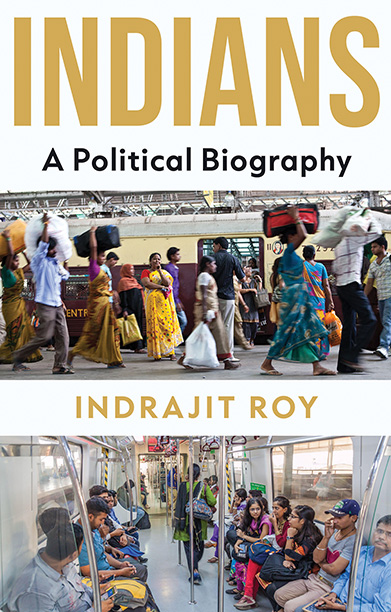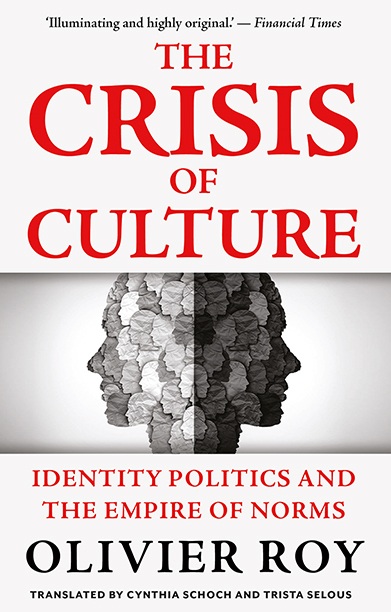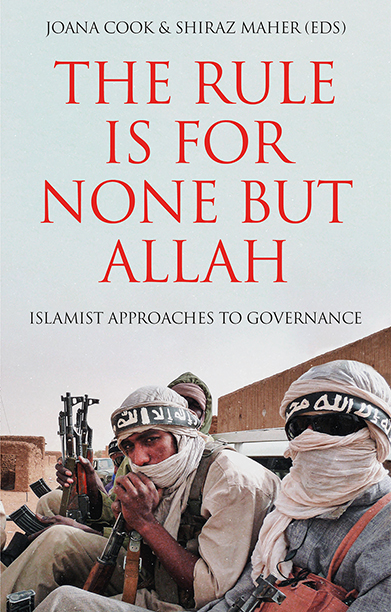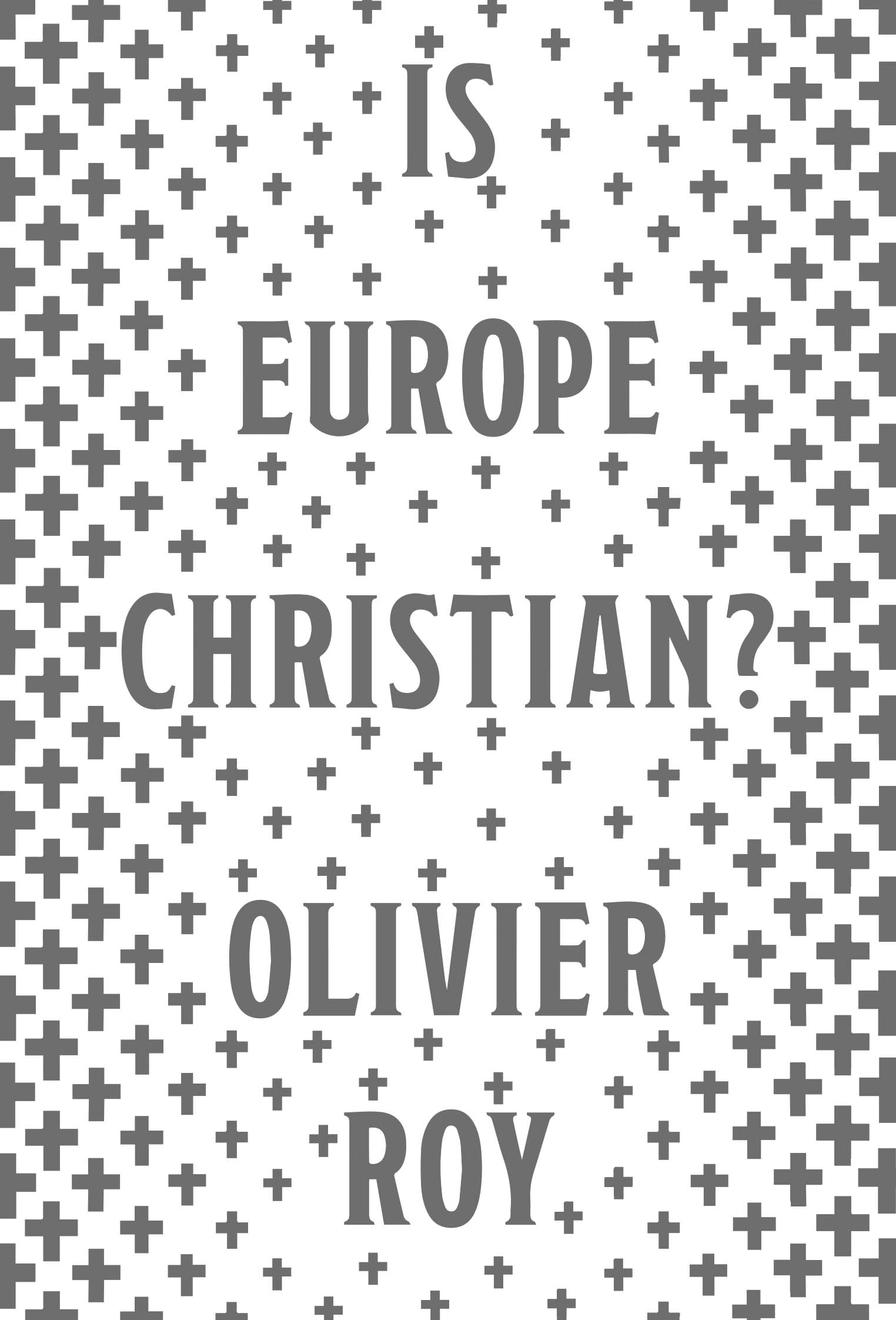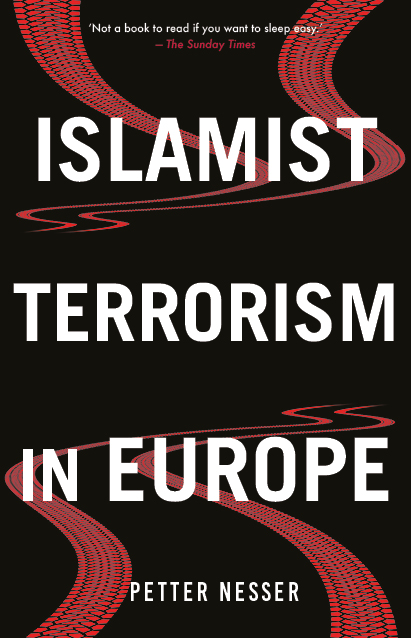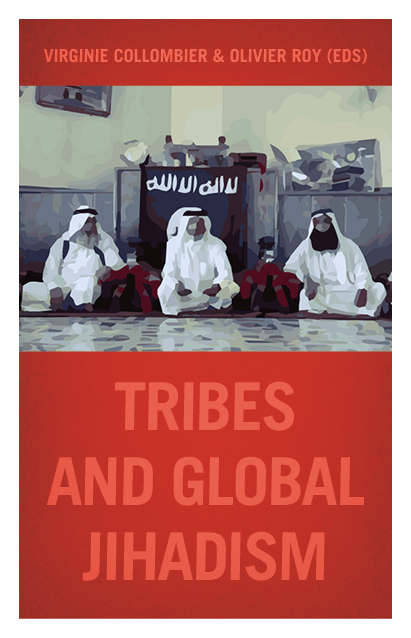Description
Widespread confusion over the use of the terms Islamism or Political Islam often obscures the fact that these are not new phenomena and can be traced back more than a century. But like all utopian beliefs, such as Communism, Islamism cannot entirely resist the broader currents of political and social change that confront it today, especially globalisation. Through meticulous on the ground and theoretical research in to the trajectories of current and former Islamists, the contributors to this book seek to understand what has become of political Islam. While many scholars have focused on the drift to violence of historical Islamism, they look at the other side of the coin to describe the continuities and not the ruptures of Islamism with its own ideology. Political Islam remains relevant to a new generation of militants but the channels through which it is expressed have changed. Jihad is often conducted electronically, via membership of Islamist e-mail list-servers; Islamist activism has been personalised, domesticated even, through the consumption of Islamic soft drinks and other lifestyle choices; and, the street protests that characterised the Islamist struggle in its heyday face competition from Islamic rap stars’ concerts. These are among the issues addressed in this innovative volume.
Table of contents
About the Contributors
Introduction: Whatever Happened to the Islamists… or Political Islam Itself? — Amel Boubekeur and Olivier Roy
PART I: WHAT HAVE OLD ISLAMIST IDEAS BECOME?
1. Is ‘Islamism’ a Neo-Orientalist Plot? — Olivier Roy
2. The Problem of the Political in Islamist Movements — Roel Meijer
3. Turkey: Between Post-Islamism and Post-Kemalism — Jean Marcou
4. The New Trend of the Muslim Brotherhood in Egypt — Mohamed Mosaad Abdel Aziz
PART II: NEW ISLAMIST LANDSCAPES
5. Reinventing Political Islam: The Disengagement of European Islamists — Amel Boubekeur
6. Political Islam in West Africa from the 1980s to the Present — Muriel Gomez-Perez
7. The ‘Other’ Political Islam: Understanding Salafi Politics — Martijn de Koning
PART III: BETWEEN REVOLUTION AND POP MUSIC
8. Veiled Artists in Egypt — Valentina Frate
9. Heavy Metal Muslims: The Rise of a Post-Islamist Public Sphere — Mark LeVine
10. Beyond Islamism at Work: Corporate Islam in Malaysia — Patricia Sloane-White
Postface: Islamism is dead, long live Islamism — Frédéric Volpi
Notes
Bibliography
Index
Reviews
‘Whatever Happened to the Islamists? will be welcomed by all who seek to understand the impact of the Arab uprising and the role of Islamists during this historic period of political transformation in the Arab world.’ — John L. Esposito, University Professor, Georgetown University and author of The Future of Islam
‘Amel Boubekeur and Olivier Roy present a refreshing and provocative collection of essays, including several by younger scholars and others whose writings are rarely available in English. They display the iconoclasm, unanticipated fusions, and the modernity of contemporary Islamic activism, much of which does not see conquest of state power as a central objective. Islamic activism today is manifested in all-women heavy metal bands, consumerism, corporate big business, and individualised consumer and cultural choices. This book deserves to be widely read and debated, especially by journalists, pundits, and public policy makers who may have thought they already knew what Islamism is.’ — Joel Beinin, Donald J. McLachlan Professor of History, Stanford University
‘Although recent events in the Middle East seem to answer the question posed by this volume’s title, news headlines obscure a tectonic shift in Islamism that has occurred over the last couple of decades. Whatever Happened to the Islamists? represents one of the most exciting and innovative analyses of contemporary dislocations in the ideological project of political Islam to be published in recent years. It points the way forward for an entire field of study.’ — Peter Mandaville, George Mason University and author of Global Political Islam
‘This is a very useful and interesting discussion of Islamism’— Abdelwahab El-Affendi, The Muslim World Book Review, 2014
‘Oliver Roy and Amel Boubekeur embody two generations of brilliant expertise on contemporary Islamic faith, and their combined approach illustrates the richness and constancy of French expertise.’–– Mohamed-Ali Adraoui, Politique étrangère
Editor(s)
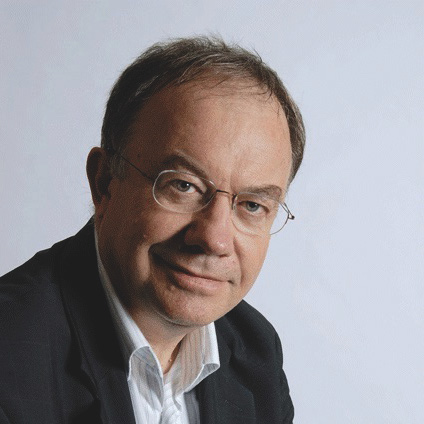
Olivier Roy is Professor at the European University Institute in Florence. Six of his highly acclaimed books on religion and politics are published by Hurst, including Globalised Islam; Jihad and Death; Holy Ignorance; and Is Europe Christian?
Amel Boubekeur is a research fellow at the Ecole des Hautes Etudes en Sciences Sociales and the Ecole Normale Supérieure in Paris and a visiting fellow at the Brookings Doha Center. She has been an Associate Scholar at the Carnegie Endowment for International Peace and the Centre for European Policy Studies. Working on Islam in Europe and Arab politics, she is the author of European Islam : Challenges for Public Policy and Society and Le voile de la mariée.
